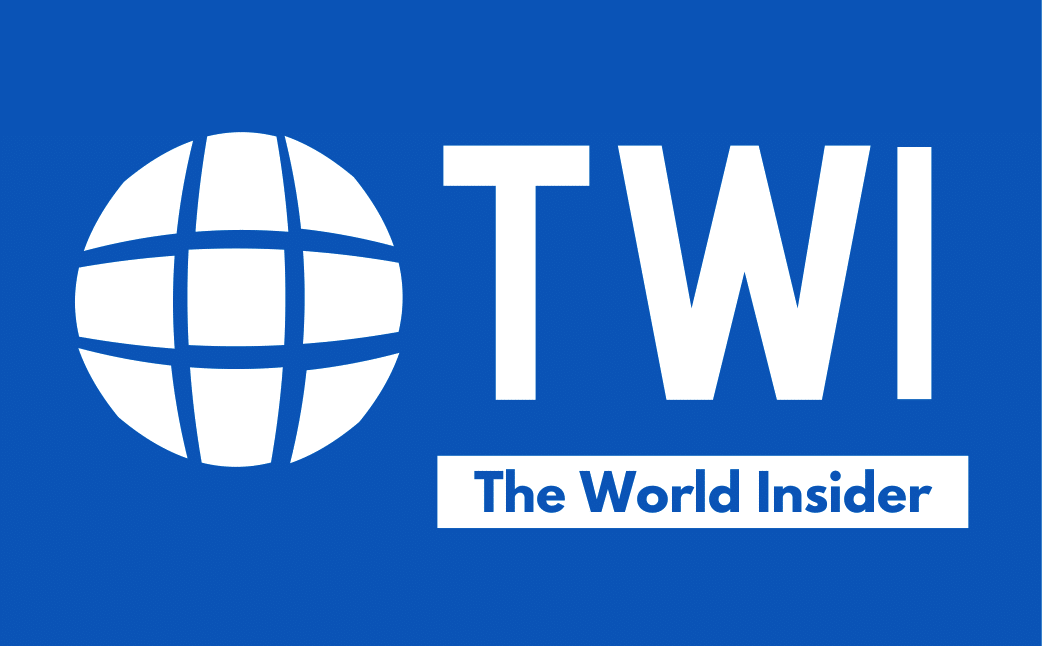Israeli Prime Minister Benjamin Netanyahu has announced that a controversial plan to overhaul the country’s judiciary will be delayed after widespread protests, strikes, and opposition from within his own government as well as mounting international pressure.
In his prime-time address, Netanyahu, who had previously rejected calls to delay the legislation, acknowledged the deep divisions in the country and said he was hitting the pause button “to prevent a rift in the nation.”
“When there’s an opportunity to avoid civil war through dialogue, I, as prime minister, am taking a timeout for dialogue,” he said. He vowed to reach a “broad consensus” during the summer session of parliament, which begins on April 30.
Netanyahu has argued that the overhaul is needed in a liberal and interventionist court of unelected judges. But his opponents say the judicial proposals would weaken the independence of the country’s high court and would damage the country’s system of checks and balances by concentrating power in the hands of Netanyahu’s allies.
Former Prime Minister Yair Lapid called the move a “disgraceful and corrupt personalized law”. Israeli opposition politicians have condemned the new law, which would limit the ways a sitting prime minister can be declared unfit for office, describing it as a way to protect Netanyahu, who is facing an ongoing corruption trial. They also expressed concerns that the plan would give Netanyahu and his allies the final say in appointing the nation’s judges and would also give parliament the authority to overturn Supreme Court decisions and limit the court’s ability to review laws.
Tens of thousands of people, mostly middle-class Israelis, have regularly joined mass protests against the plan.
Those demonstrations heightened after Netanyahu abruptly fired Defense Minister Yoav Gallant, who had urged the prime minister to put his plan on hold.
The disorder caused significant disruptions throughout the country and threatened to paralyze the economy. Tens of thousands of travelers were stranded as flights departing from the main international airport were halted.
Major shopping centers and universities ceased operations, while the labor union urged its 800,000 members employed in healthcare, transportation, banking, and other industries to go on strike.





